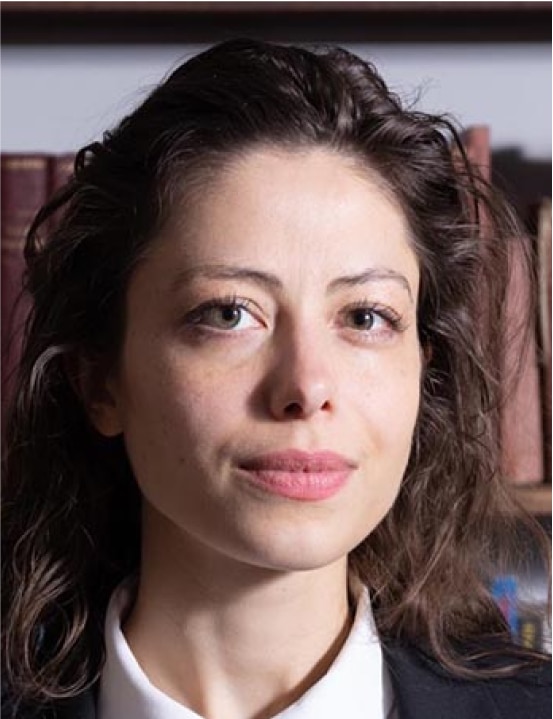
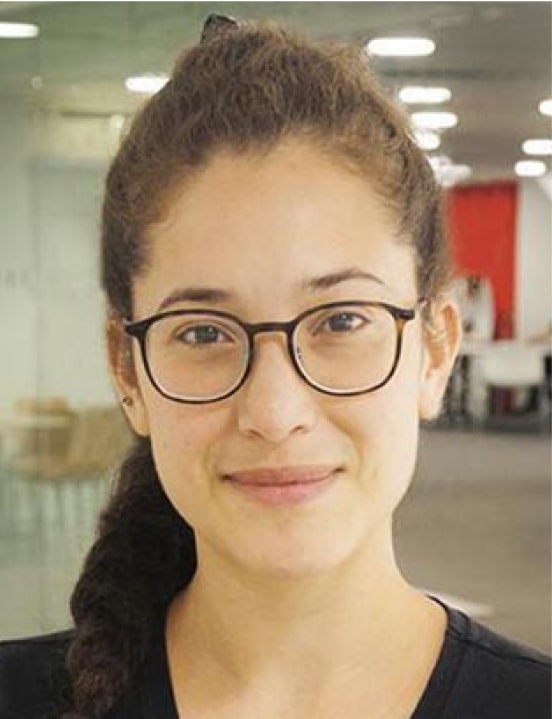
Rebekah Coffman and Ashley Kochiss Rodriguez
Award amount: $5,000 USD
This project is a comparative study of adaptive reuse of religious buildings in London through tangible and intangible heritage principles, and their low carbon futures. The study will identify and survey three sites for an in-depth analysis of the buildings’ heritage value through historical research, statutory definitions, and community perceptions. This will be coupled with physical analysis to identify extant features, adaptations, and carbon use. These metrics will provide a framework for better understanding the tensions, costs, and benefits of sustainable adaptive reuse and provide recommended strategies. The outcomes will be prepared for publication and to create a curriculum that presents the unique challenges of meaningfully repurposing historic religious buildings.
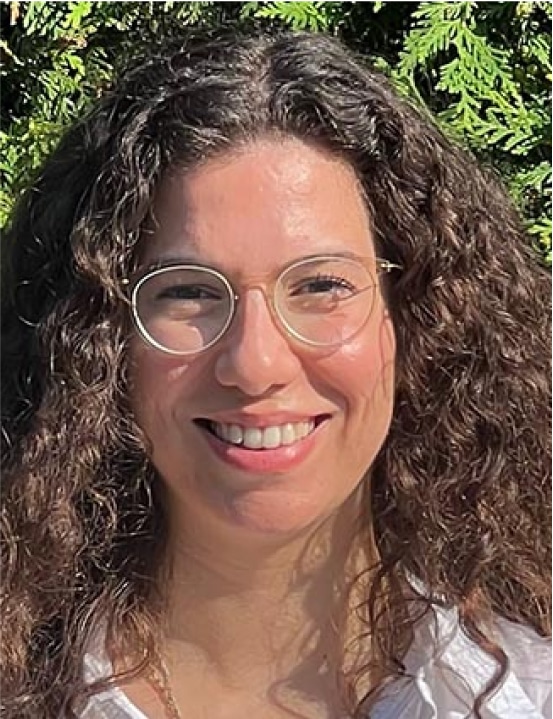
Cicek Karatas, PhD Student at Illinois Tech
Award amount: $5,000 USD
This project will document the cultural significance of religious buildings damaged by the 7.8-magnitude earthquake in southeast Turkey on February 6, 2023. It aims to preserve the cultural and spiritual identity of Turkey’s Hatay region through personal testimonies and powerful visual representations of the destruction, inspiring a sustainable future for cultural heritage preservation in the face of natural disasters. To honor the resilience of the people of Hatay, who suffered the most significant impact, their diverse cultural heritage will be documented through personal narratives and religious customs from Muslim, Christian, and Jewish communities, as well as diverse ethnic groups residing there. Using advanced technologies like AI, AR/VR, photogrammetry, and drone imaging, we’ll create a digital archive for future restoration efforts and immersive experiences. The project aims to raise public awareness of the importance of conserving cultural assets after natural disasters.
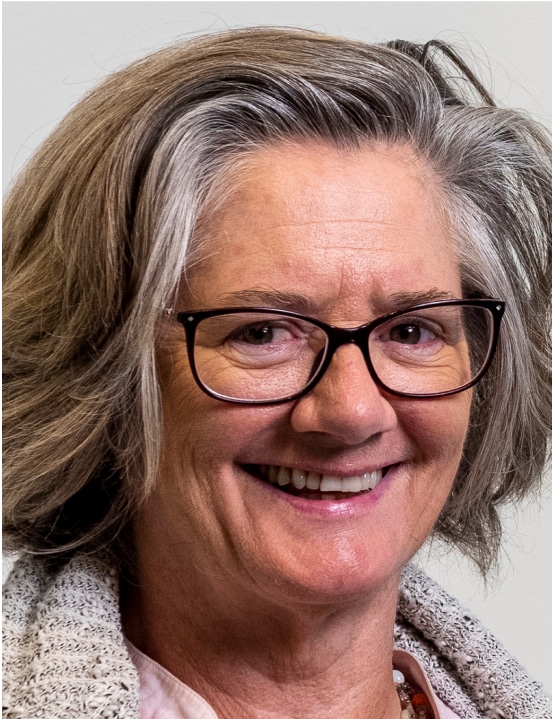
Katie O’Meara
Award amount: $5,000 USD
This is a practice-based project that will explore agricultural sites in sacred settings in and around Canyons of the Ancients National Monument, bringing to the foreground the agricultural landscapes that have supported ancient and contemporary dwelling in the region. The crops and fields in this area have been the backbone of life for local communities yet are often relegated to the background of more monumental scenes. Embodying ritual and utility, the agricultural landscape of the present and the past hold much to explore. Building upon several seasons of field work on the Lowry, Sand Canyon and Painted Hand Pueblo landscapes, this project will dedicate a field season to developing drawings, photographs and video imagery focused on the agricultural landscapes in the Montezuma and McElmo watersheds. A series of large, vivid color prints on metal that highlight the richness of the agricultural landscape now, with connections to the agricultural wisdom of the Puebloan lifeways, will be prepared for exhibitions at local and regional museums and cultural centers.
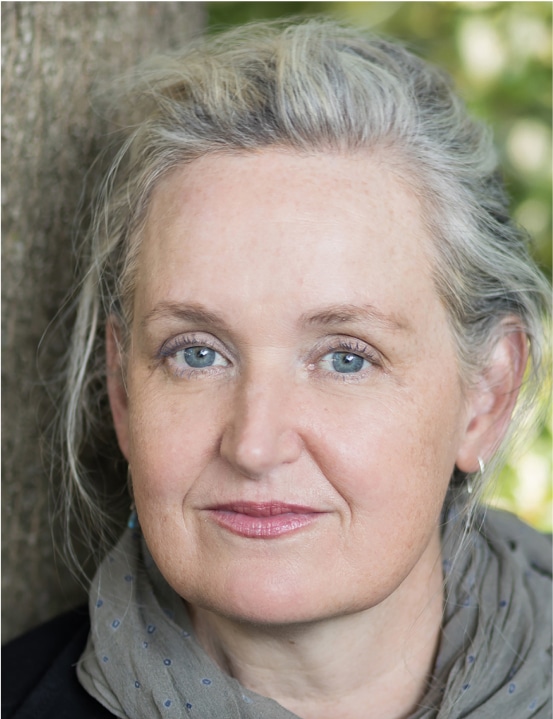
Elinor Pierce, Producer/Director of “A Bridge Over Hell Creek” and primary researcher
Award amount: $4,800 USD
In Omaha, Nebraska, above rising currents of division and difference, a mosque, synagogue, church, and interfaith center have been built on common ground. Connected by a circular wooden bridge, a shared garden and orchard, and a quietly disruptive vision, they seek to build a model of coexistence in the American Midwest. The documentary “”A Bridge Over Hell Creek”” serves as a visual case study of the Tri-Faith Initiative, inviting discussion and engagement. Accessible to a broad audience, it considers the intersections of spirituality, social change, and the built environment. The focus of this ACSF grant is the penultimate stage of production on this film, supporting the director’s final field research, in-person interviews, and archival research on site in Nebraska. More broadly, the grant will facilitate research that will integrate new voices, improve the content and shape of the film, and energize the final stages of production.